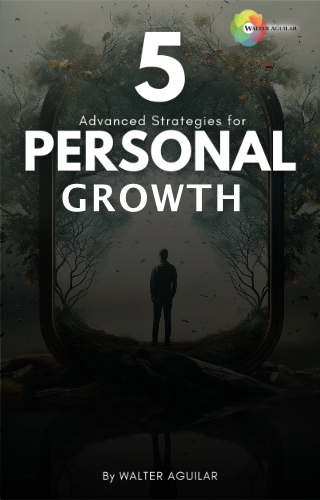Building resilience in the storms of adversity, such as the loss of a loved one, a job, or even the loss of hope, is a profound journey that intertwines emotional depth with practical strategies. As a COR.E Transition Dynamics Specialist, my approach to resilience is holistic, recognizing the multifaceted nature of human experiences and the unique ways in which each individual copes with life’s challenges.
Understanding Adversity and Its Impact
Adversity, in its many forms, can feel overwhelming. The loss of a loved one plunges us into grief, a deep emotional process that can touch every part of our lives. Job loss can trigger not just financial stress but also a crisis of identity and self-worth. Losing hope, the most insidious of losses, can cast a shadow over our ability to envision a brighter future. These experiences are not just mental or emotional; they are deeply physical and spiritual too. Our bodies may respond with fatigue, insomnia, or a myriad of stress-related symptoms. Spiritually, we might question the meaning of our experiences or grapple with a sense of disconnection.
Embracing Compassion and Understanding
The first step in building resilience is to approach ourselves with compassion. Recognize that your feelings are valid, and that grief and loss are natural, human responses. It is okay to not be okay. Allow yourself the space to feel and to heal. Compassion is not just a feeling but an action. Learn be gentle with yourself.
Connecting with Others
Resilience is often bolstered by connections. Reach out to supportive friends, family, or support groups. Sharing your experiences and feelings with others who understand can be incredibly healing. Remember, you are not alone in your journey and others that care about you are eager to help.
Finding Meaning in Adversity
Viktor Frankl, a psychiatrist, and Holocaust survivor emphasized the power of finding meaning in suffering. While the pain of loss is real and often unavoidable, the interpretation of that pain is within our control. Ask yourself, “What can I learn from this experience?” or “How can this challenge help me grow?” This is not about finding a ‘silver lining’ but about acknowledging your strength and resilience.
Cultivating a Mindfulness Practice
Mindfulness can be a powerful tool in managing the emotions that come with adversity. Practices like meditation, deep breathing, or physical activity can help ground you in the present moment, offering a break from rumination and worry.
Setting Realistic Goals and Taking Action
In times of upheaval, setting small, achievable goals can provide a sense of control and purpose. These goals might be as simple as taking a daily walk or as complex as reevaluating your career path. The key is to start small and acknowledge your progress. Progress can shift how we feel.
Maintaining Physical Health
Physical health is deeply interconnected with emotional resilience. Regular exercise, a balanced diet, and adequate sleep are foundational to maintaining the strength you need to navigate tough times. Rest and recovery recharge our energy and ability to be in the present moment.
Seeking Professional Help
There is no shame in seeking help from a mental health professional. Therapists, counselors, or coaches specialized in transition or wellness dynamics can offer tailored strategies and support.
Engaging in Creative Outlets
Creativity can be a powerful outlet for expressing emotions that are hard to articulate. Whether it is through writing, painting, music, or any other form of creative expression, find a medium that resonates with you and allows you to express your inner world.
Practicing Gratitude
Even in the darkest times, there might be small things for which to be grateful. Cultivating a practice of gratitude – through a daily gratitude journal – can shift your focus from what you’ve lost to what you still have.
Connect to Spiritual Rituals and Practices
At our lowest points, spiritual connection can be the anchor the grounds us during the storms of adversity. God is Love. Awareness and understanding of the bigger picture can ease our fear of the uncertainty in our lives.
Building a Resilience Toolbox
Create a personal resilience toolbox filled with strategies that work for you. This may include spiritual and mindfulness practices, affirmations, journaling prompts, or reminders of past challenges you have overcome. Use this toolbox whenever you feel overwhelmed.
Building resilience is not a linear process; it is a journey with difficulties. Remember, each step, no matter how small, is progress. Be patient with yourself. Your experiences, even the painful ones, are shaping you into a stronger, more compassionate person. Resilience is not just about surviving the storms of adversity; it is about learning how to thrive through them.





